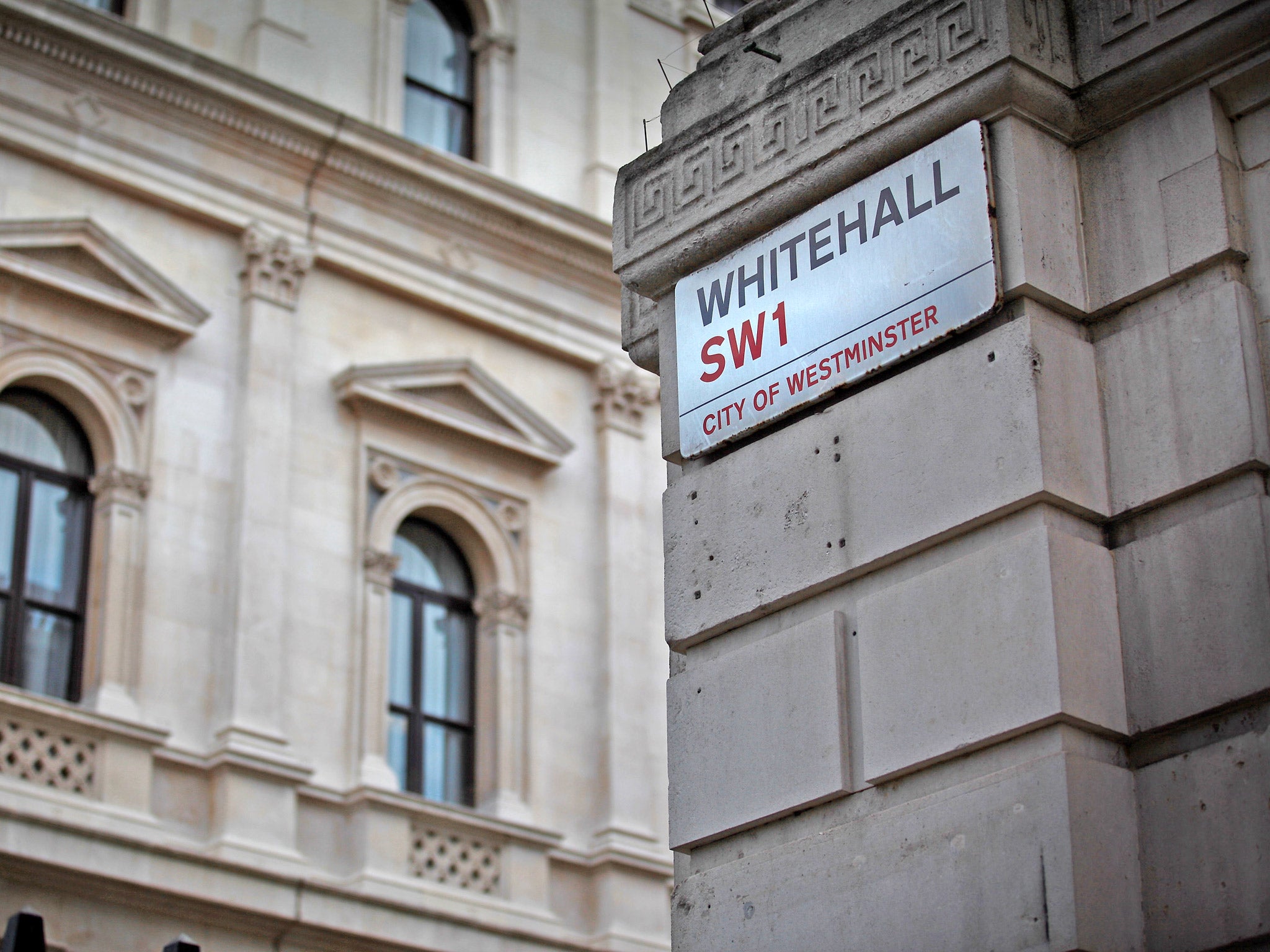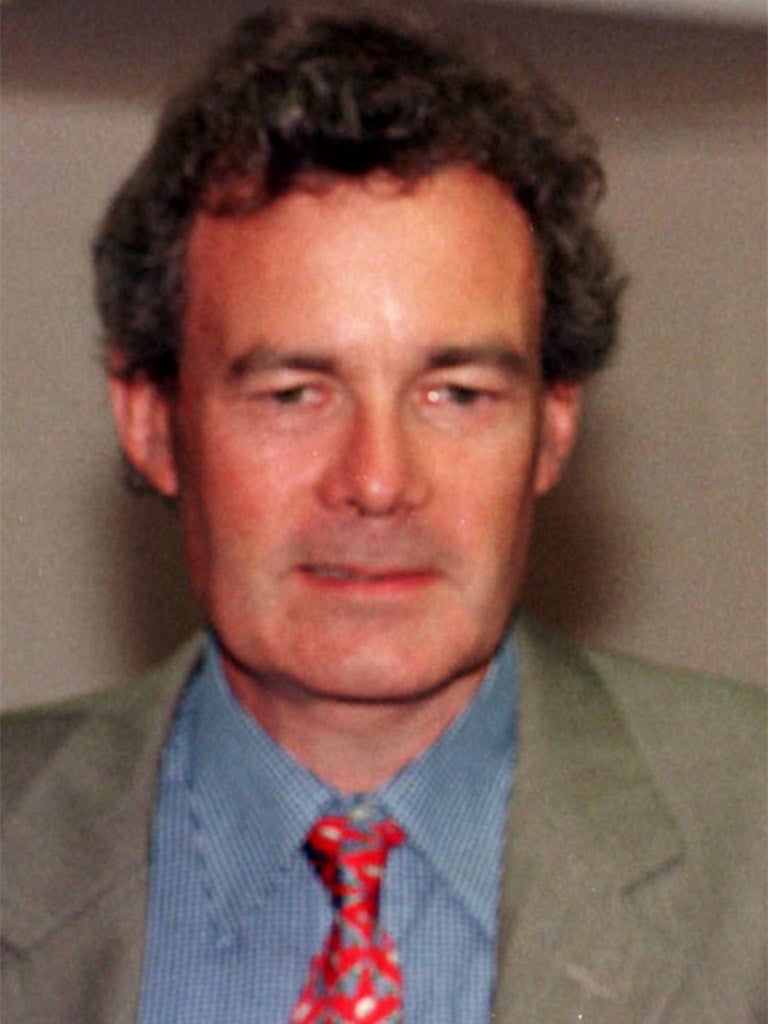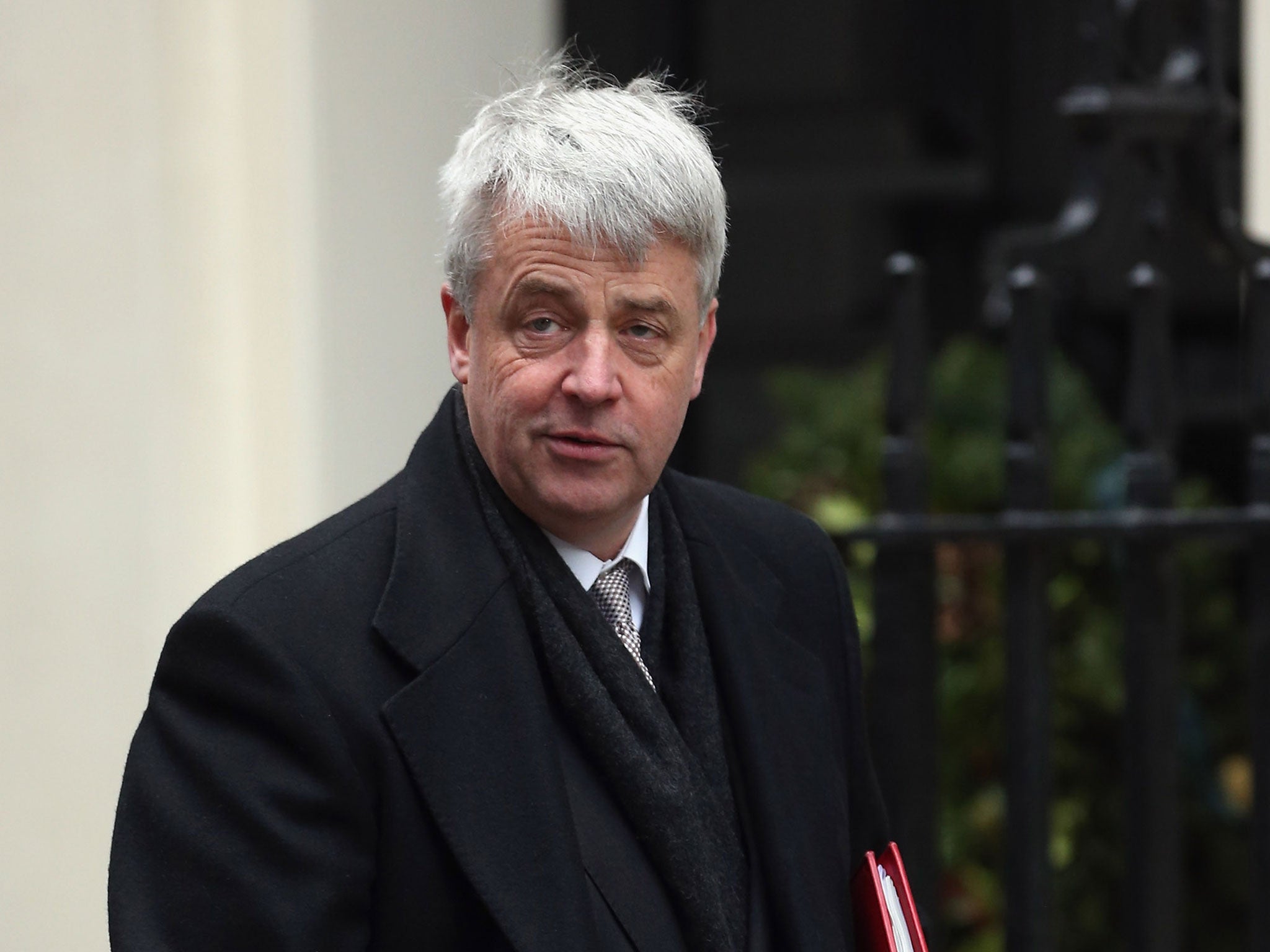Whitehall's secrets to be revealed as ministers ordered to produce diaries to the public
Exclusive: A court has condemned the 'secretive' culture of government

Your support helps us to tell the story
From reproductive rights to climate change to Big Tech, The Independent is on the ground when the story is developing. Whether it's investigating the financials of Elon Musk's pro-Trump PAC or producing our latest documentary, 'The A Word', which shines a light on the American women fighting for reproductive rights, we know how important it is to parse out the facts from the messaging.
At such a critical moment in US history, we need reporters on the ground. Your donation allows us to keep sending journalists to speak to both sides of the story.
The Independent is trusted by Americans across the entire political spectrum. And unlike many other quality news outlets, we choose not to lock Americans out of our reporting and analysis with paywalls. We believe quality journalism should be available to everyone, paid for by those who can afford it.
Your support makes all the difference.Ministers face having to reveal details of every phone call, internal meeting and official engagement following two landmark legal rulings condemning the “secretive” culture of Whitehall.
In a significant victory for transparency campaigners, two courts have ruled that government departments cannot rely on exemptions in the Freedom of Information Act to hide details of ministerial diaries from public scrutiny.
The decisions, which have been vigorously opposed by senior civil servants, could shed new light on lobbying controversies by revealing unseen details of ministerial meetings previously considered private.
The rulings are also embarrassing for the Government because the High Court concluded that evidence by the Prime Minister’s adviser on ministerial standards was “way below” what the public were “entitled to expect” of a senior civil servant.
Mr Justice Charles said the testimony of Sir Alex Allan, a former chairman of the Joint Intelligence Committee, had “lacked objectivity” and should be “roundly rejected”.

The judge also accused Sir Alex of demonstrating a “determination to avoid directly conceding the indefensibility of things he had said” and a “keenness to repeat generalised lines… rather than give direct answers to questions”. He said the evidence was a “reminder of the secretive culture of the public service” that the Freedom of Information Act was meant “to change for good”.
The Government had been attempting to overturn a ruling by the Information Commissioner that the contents of official ministerial diaries should be exempt from requests under the Freedom of Information Act.
The court hearings came after the Department of Health rejected a request under the Act for the diaries of the former Health Secretary Andrew Lansley to be released.
The period requested covered the time Mr Lansley was working on the contentious Health and Social Care Act, which campaigners have long suspected was the subject of extensive lobbying by private healthcare interests.

As a result of two rulings, which could yet be subject to an appeal, ministers face having to provide full details of all their engagements if requested, unless they can demonstrate that specific entries should be redacted.
Currently ministers only release very limited details of face-to-face meetings with outside bodies that do not cover telephone conversations or internal government discussions.
The ruling is particularly embarrassing for the Government given the strident criticisms of the evidence given by Sir Alex, who is a former Principal Private Secretary to both Sir John Major and Tony Blair. In testimony to the First Tier Tribunal Sir Alex tried to claim that if ministers were forced to release details of their official diaries they would “adjust their appointment schedules” building in “unnecessary or pointless” meetings so as to create the right impression.
But this was roundly rejected by the three judges: “Sir Alex [and another witness from the Department of Health] gave evidence concerning the danger of ministers being prompted in the future to build in unnecessary meetings as window-dressing” they wrote. “This evidence compounds our difficulties over accepting their evaluative judgments as being objective and reliable.
“Sir Alex said ministers with blank time in their diaries set aside for thinking might well change their behaviour to ensure that meetings were filling the blank time. We find this suggestion incredible. We consider it lacks any justification and is mere alarmism.”
The judges also rejected Sir Alex’s statement that the public already had “a complete record of which external bodies and media organisations have had access to ministers”.
“[This] did not correspond with reality. When asked about the relevance of access by other methods than meetings in person, he parried the questions by saying telephone calls [were] not always recorded and that face-to-face meetings were the most important means of access for serious discussions.
“His determination to avoid conceding the indefensibility of what he had said further reduced our confidence in his evidence.”
On appeal, Mr Justice Charles agreed with the lower court’s ruling. “The First Tier Tribunal were right to proceed on the basis that parts of the reasoning advanced by the Department’s witnesses were unconvincing,” he wrote. He dismissed the appeal.
Tamasin Cave, spokeswoman for the Alliance for Lobbying Transparency, said it had always been “incomprehensible” that the Government, which aims to be the ‘most transparent in the world’, resisted disclosing such information.
“Mr Cameron warned us last election about lobbying and ‘the lunches, the hospitality, the quiet word in your ear’, so much of which happens in the dark,” she said.
“It will be a huge leap forward if this ruling is upheld. In the future, we would know who is bending the ear of ministers, and who they seek counsel from, and then start to piece together why governments take the decisions they do.”
A spokesman for the Information Commissioner’s Office said it could not comment on on-going legal action. A government spokesperson said: “We are extremely disappointed with this judgment and are considering next steps, including appealing.”
They added that Sir Alex was an accomplished and respected public servant.
Background: Sir Alex Allan
In a civil service career spanning over 40 years, Sir Alex Allan knows more than most officials where the bodies are buried in Whitehall.
He served as Principal Private Secretary to John Major and Tony Blair, Permanent Secretary at the Ministry of Justice and chairman of the Joint Intelligence Committee – which co-ordinates the work of GCHQ, MI5 and MI6.
In 2011, he was appointed David Cameron’s Independent Adviser on Ministers’ Interests but a year later came under attack for failing to investigate the then Culture Secretary Jeremy Hunt over the BskyB affair.
It emerged Sir Alex could only investigate ministers if their conduct was referred by the Prime Minister.
Labour asked “what the point” was of Sir Alex’s job and the Cabinet Office refused to give details of how many hours he worked.
Join our commenting forum
Join thought-provoking conversations, follow other Independent readers and see their replies
Comments